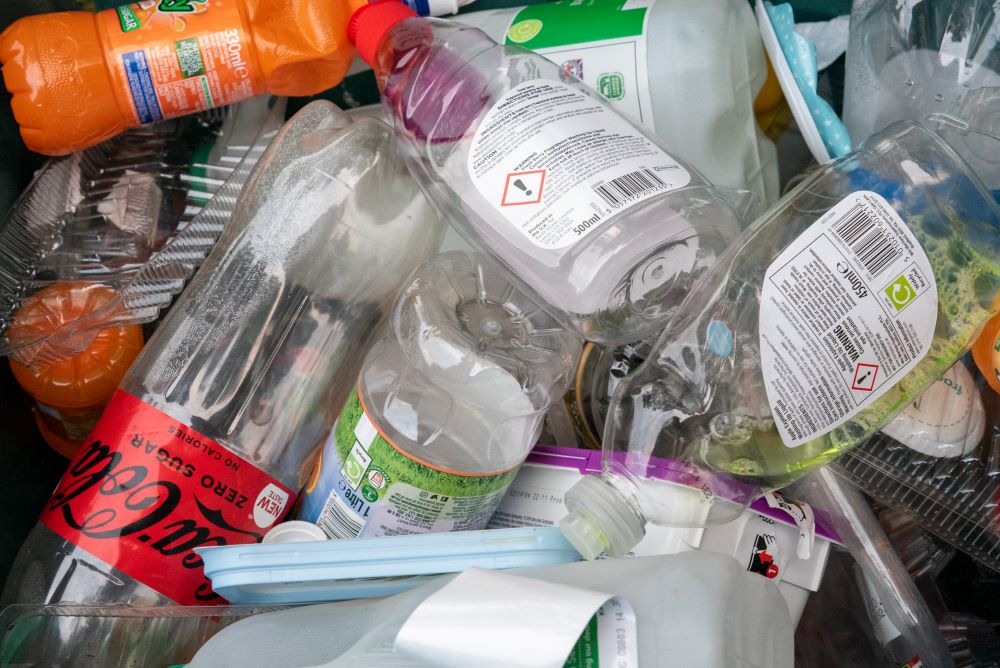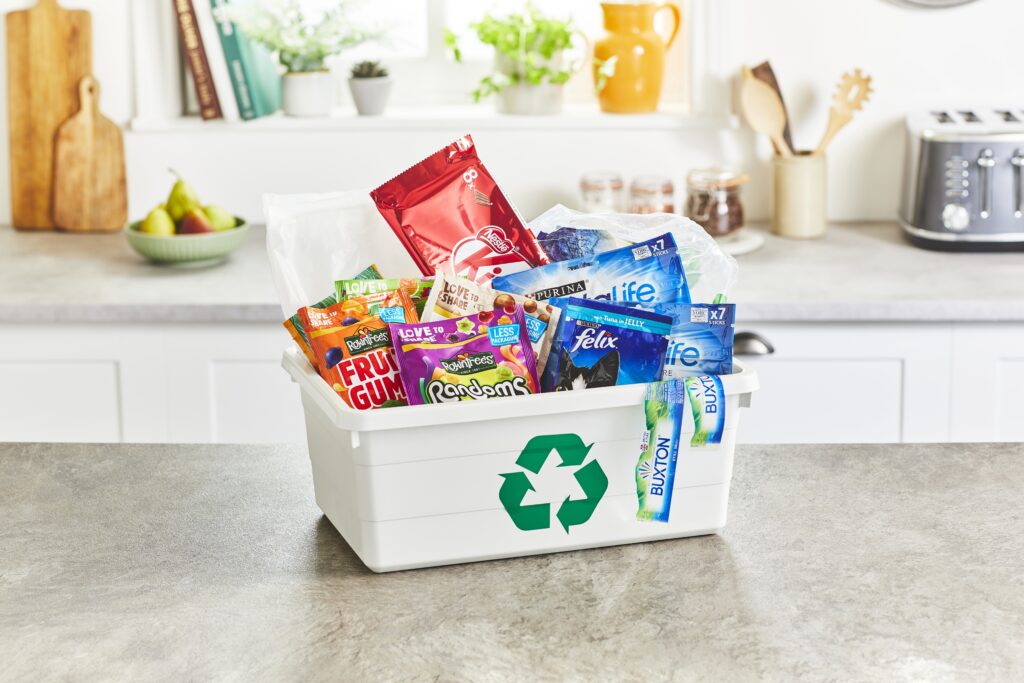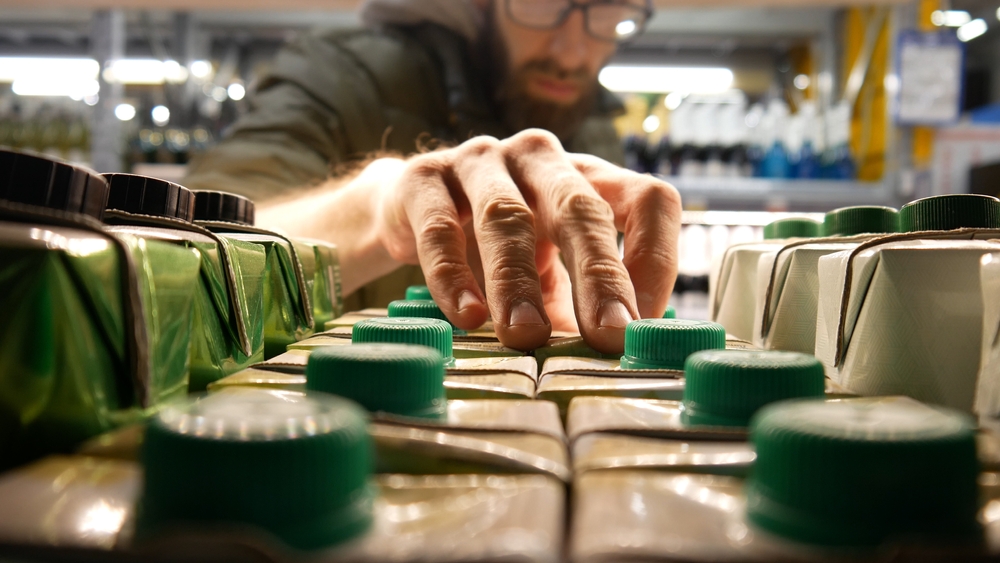The Association of European Producers of Steel for Packaging (APEAL) has said that the mandatory deposit system on one-way drinks containers threatens 10,000 jobs in Europe.
The criticism comes a year after the introduction of a mandatory deposit on non-refillable cans and bottles on certain drinks (see letsrecycle.com story). The system aimed to encourage the public to buy drinks in refillable containers that already have a smaller deposit in place. In turn this has put pressure on drinks manufacturers to switch to refillable containers from steel and aluminium cans and unreusable plastic bottles.
Managing director of APEAL Phillipe Wolper said: “The current German deposit issue has led to the following chaotic situation: a drop in industry turnover of 1.2 billion euros (~800 million), a loss of 50 billion euros (~33 million) in beer tax revenue, the threat of 10,000 job losses.”
A survey for APEAL found that 75% of people in Germany want to return to the Green Dot kerbside recycling system for drinks containers which was used for all packaging until the deposit was introduced.
A statement from APEAL warned: “Consumers are bitter about the deposit for one-way drinks packaging. An increasing number are demanding a total withdrawal. This would open the door to a new packaging policy based on consumer interests.”
Court
As part of its deposit legislation the German government set quotas for the percentage of certain drinks, such as mineral water, to be packaged in refillable containers.
This month (March 2004) the German government has had to defend its refillable quota legislation in two cases at the European Court of Justice. Both the European Commission and Austrian importers Radlberger Getranke & S. Spitz claimed that the law was anti-competitive, favouring domestic producers.
The European Commission said that provisions imposing the refill quota on mineral water filled at source put pressure on mineral water importers to transport empty bottles long distances between the point of sale and the water's source.
The Commission then argued that long distance transport meant higher costs for importers than German mineral water suppliers, putting them at a competitive disadvantage.
The Radlberger Getranke & S. Spitz case has been referred to the European Court for guidance by a German judge in Stuttgart and a verdict is expected on May 6, 2004.










Subscribe for free